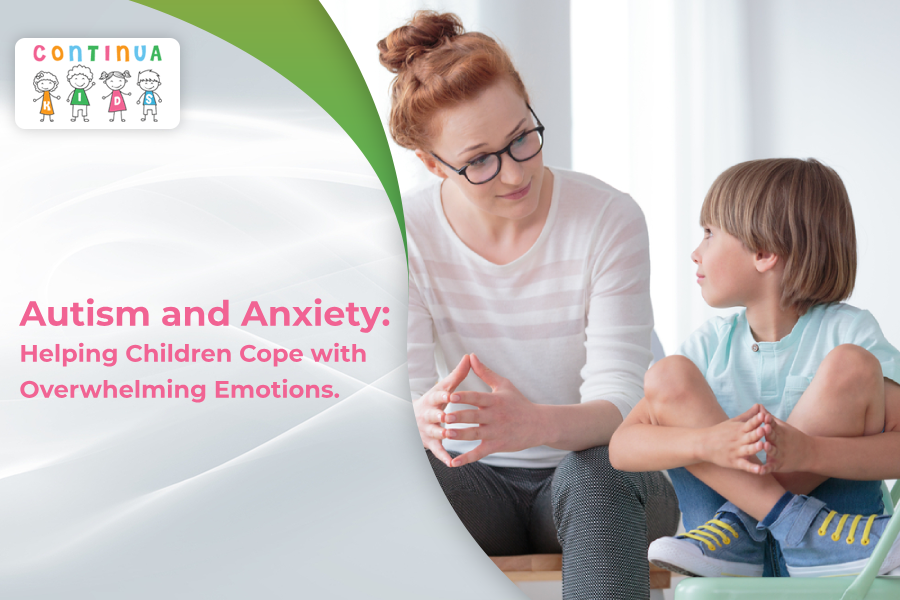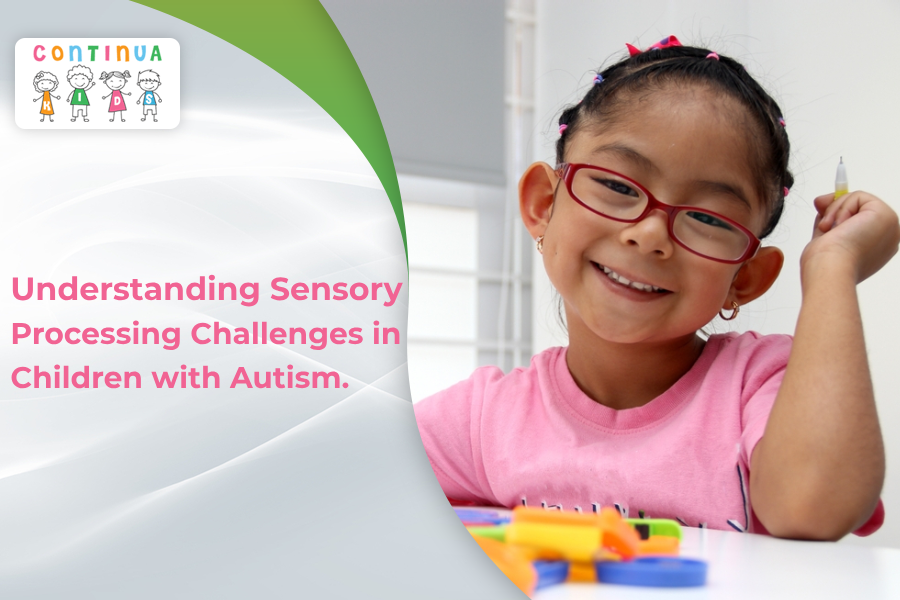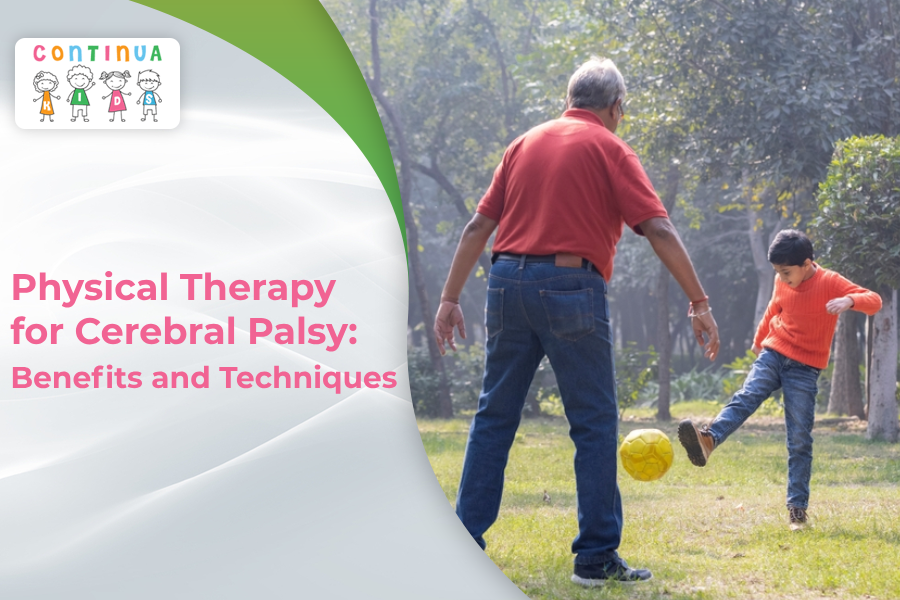Introduction
Autism spectrum disorder (ASD) is a neurodevelopmental condition that affects communication, social interaction, and behavior. Children with autism often experience heightened levels of anxiety due to difficulties in understanding and managing their emotions. It is crucial for parents, caregivers, and educators to provide the necessary support and strategies to help these children cope with overwhelming emotions effectively. In this blog post, we will explore techniques and approaches that can be beneficial for children with autism in managing anxiety.
Understanding Autism and Anxiety
Autism is a complex condition that manifests differently in each individual. Children with autism may struggle with social interactions, communication, sensory sensitivities, and rigid adherence to routines. These challenges can contribute to increased anxiety levels. Anxiety disorders commonly associated with autism include generalized anxiety disorder, social anxiety disorder, and specific phobias.
Recognizing Signs of Anxiety
It is essential to recognize the signs of anxiety in children with autism. These signs may vary but can include increased irritability, restlessness, avoidance behaviors, difficulty concentrating, meltdowns, and physical symptoms such as stomachaches or headaches. Identifying these signs early on allows for prompt intervention and support.
Common Signs of Anxiety in Children with Autism
| Signs of Anxiety | Description |
| Increased irritability | Heightened sensitivity and easily agitated |
| Restlessness | Difficulty staying still or focusing |
| Avoidance behaviors | Trying to avoid anxiety-provoking situations |
| Difficulty concentrating | Trouble staying focused or easily distracted |
| Meltdowns | Overwhelming emotional outbursts |
| Physical symptoms | Stomachaches, headaches, or other physical discomfort |
Strategies for Coping with Anxiety
| Coping Strategies | Description |
| Establish Predictability and Routines | Create structure and consistency in daily activities |
| Social Stories and Visual Supports | Utilize visual cues to explain emotions and situations |
| Sensory Regulation Techniques | Implement strategies to address sensory sensitivities |
| Deep Breathing and Relaxation Exercises | Teach relaxation techniques to manage anxiety |
| Social Skills Training | Enhance social interactions through training and practice |
Establish Predictability and Routines:
- Create a structured and predictable environment to help reduce anxiety.
- Maintain consistent schedules for daily activities, such as mealtimes, bedtime, and therapy sessions.
- Use visual schedules or calendars to provide a visual representation of the daily routine.
Social Stories and Visual Supports:
- Utilize social stories, visual cues, and visual supports to help children understand and manage their emotions.
- Use simple and concrete language to explain anxiety-provoking situations.
- Incorporate visual aids like pictures or drawings to enhance comprehension.
Sensory Regulation Techniques:
- Sensory sensitivities can trigger anxiety in children with autism. Implement sensory regulation techniques to provide comfort and reduce stress.
- Create sensory-friendly spaces with calming elements, such as soft lighting, soothing music, and sensory toys.
- Encourage the use of sensory tools, like stress balls or fidget spinners, to redirect nervous energy.
Deep Breathing and Relaxation Exercises:
- Teach deep breathing exercises and relaxation techniques to help children manage anxiety.
- Practice deep breathing together during calm moments to promote relaxation.
- Incorporate visual aids, such as bubbles or breathing visuals, to make the exercises more engaging.
Social Skills Training:
- Develop social skills training programs to enhance social interactions and reduce anxiety in social settings.
- Provide opportunities for children to practice social skills through role-playing or structured activities.
- Offer positive reinforcement and praise when children successfully engage in social interactions.
Seeking Professional Help
While implementing these strategies can be beneficial, it is essential to involve professionals who specialize in autism treatment. If you are looking for doctors for autism in Delhi, there are many skilled doctors who provide comprehensive care for children with autism at Continua Kids. Seeking the assistance of Continua Kids, renowned for the best autism treatment in Delhi, can ensure personalized and evidence-based interventions for your child\’s specific needs.
Conclusion
Helping children with autism cope with overwhelming emotions is crucial for their overall well-being. By understanding the unique challenges they face and implementing appropriate strategies, parents, caregivers, and educators can provide essential support to reduce anxiety levels. Remember, seeking professional help from the expert team at Continua Kids in Delhi is invaluable in ensuring your child receives the best possible treatment and care. Together, at Continua Kids, we can create a nurturing environment that fosters emotional well-being for children with autism.



